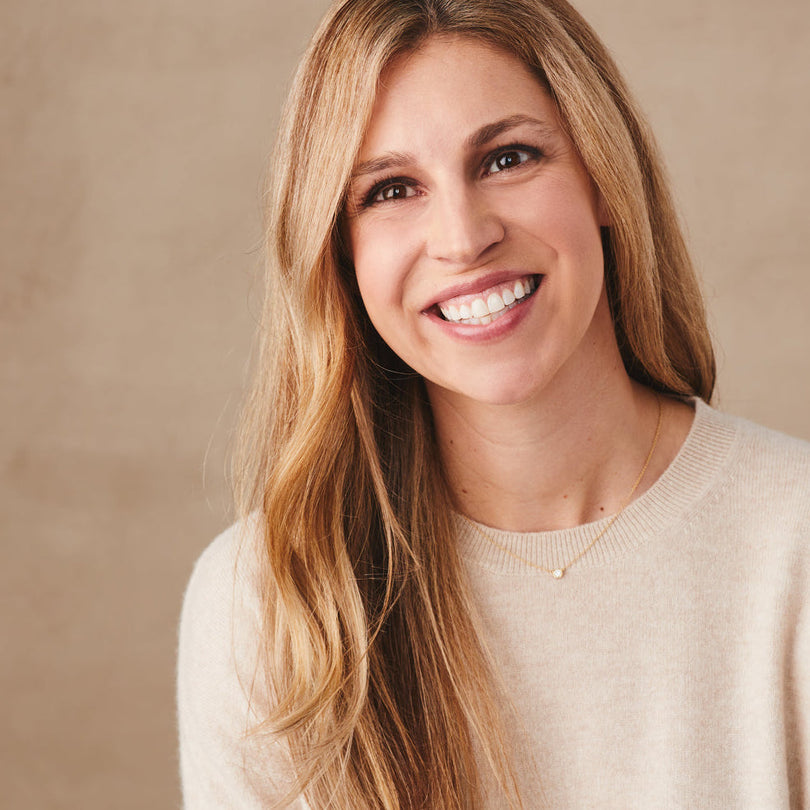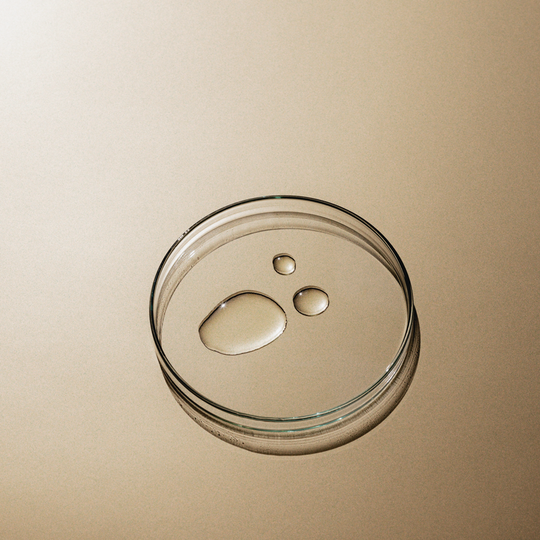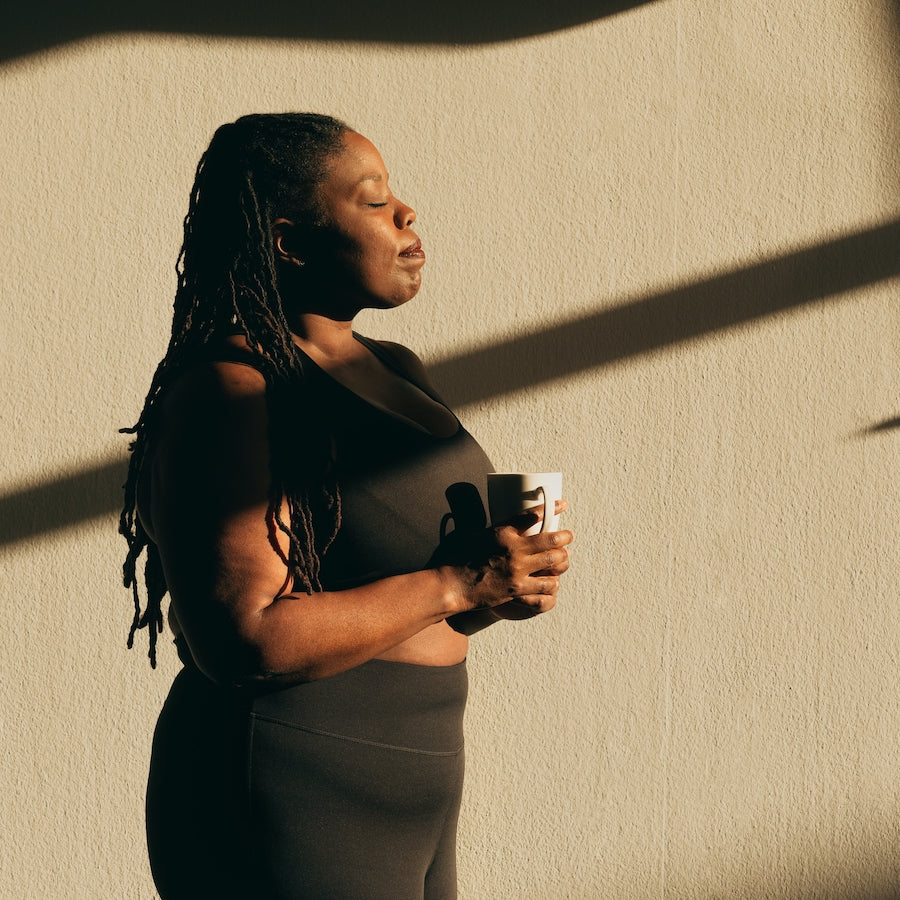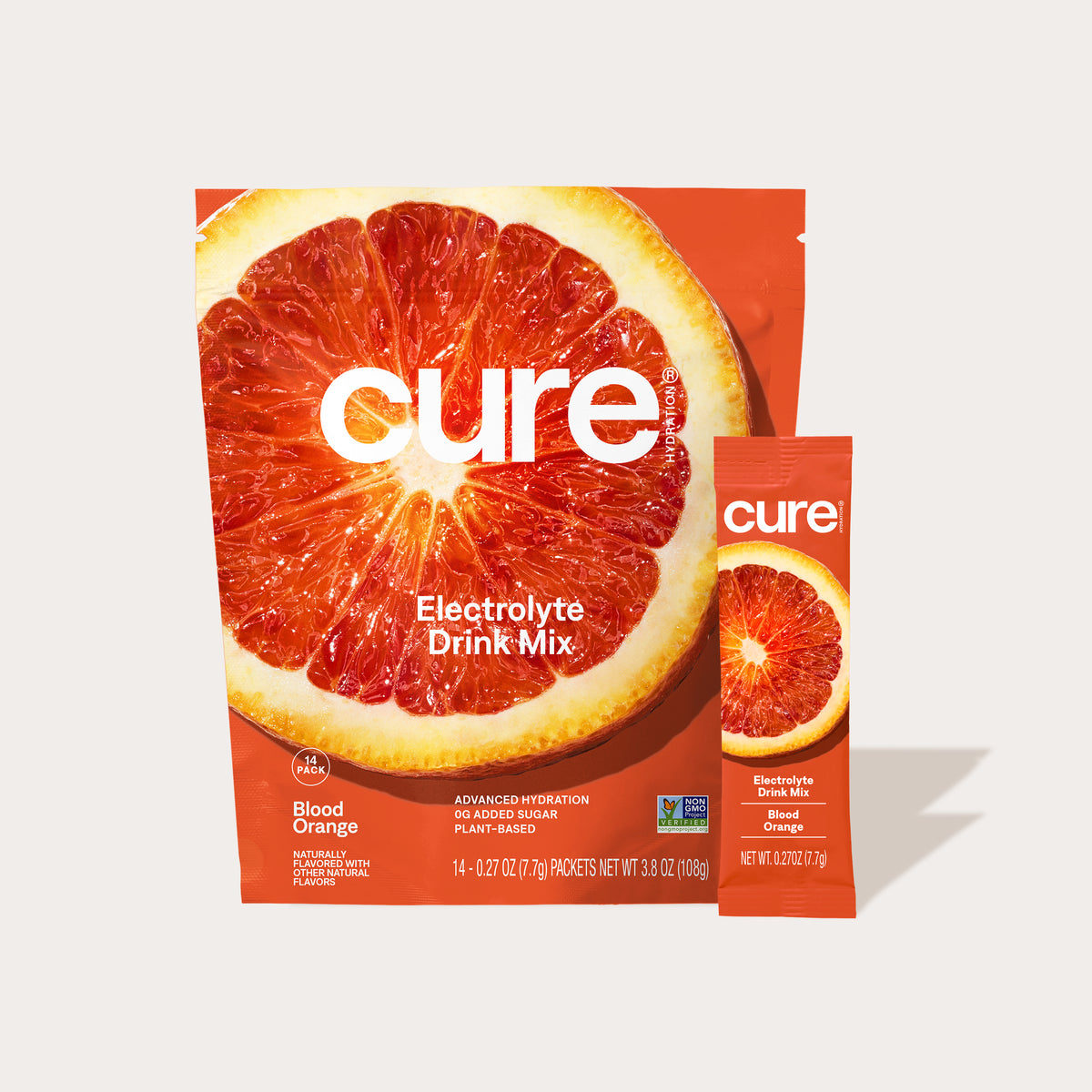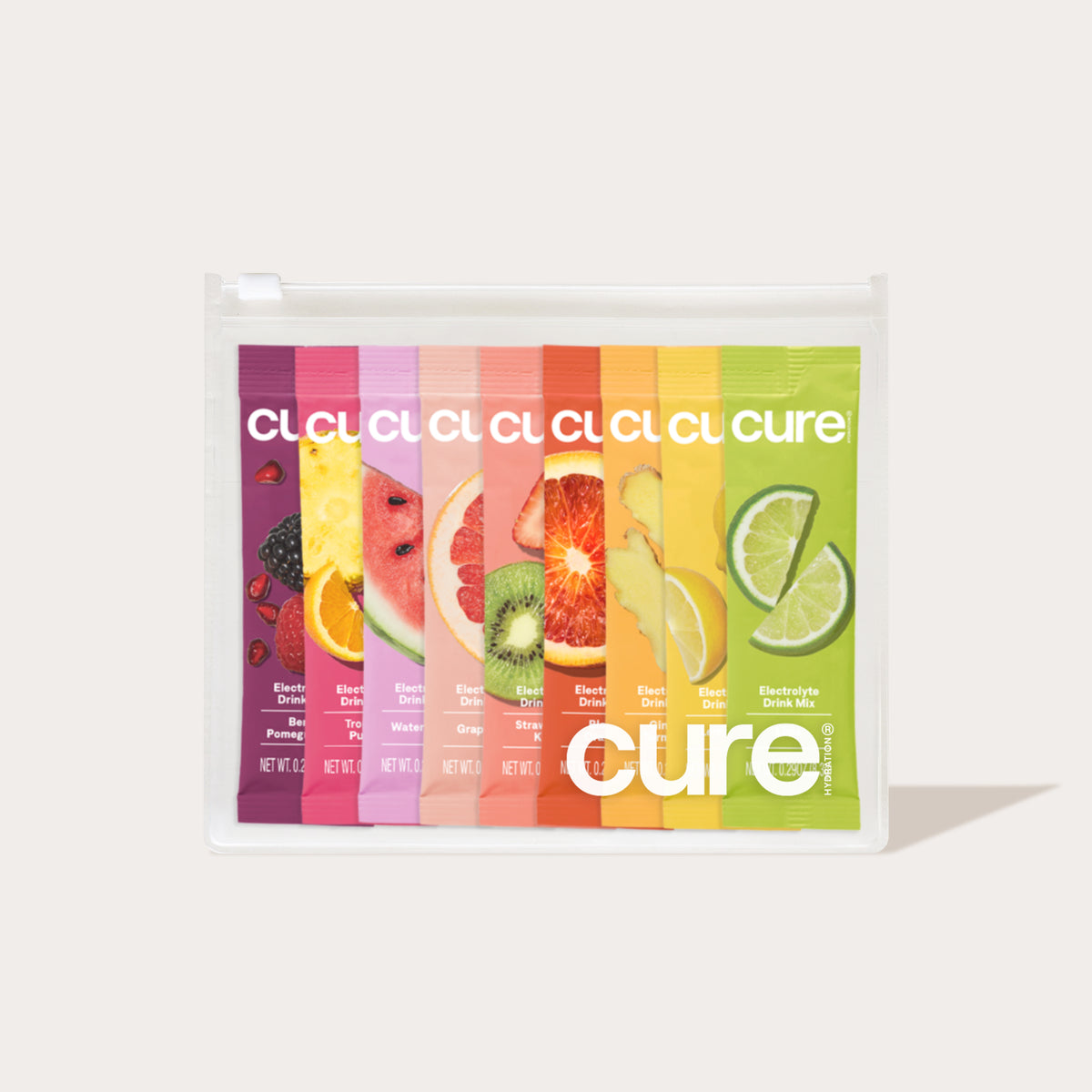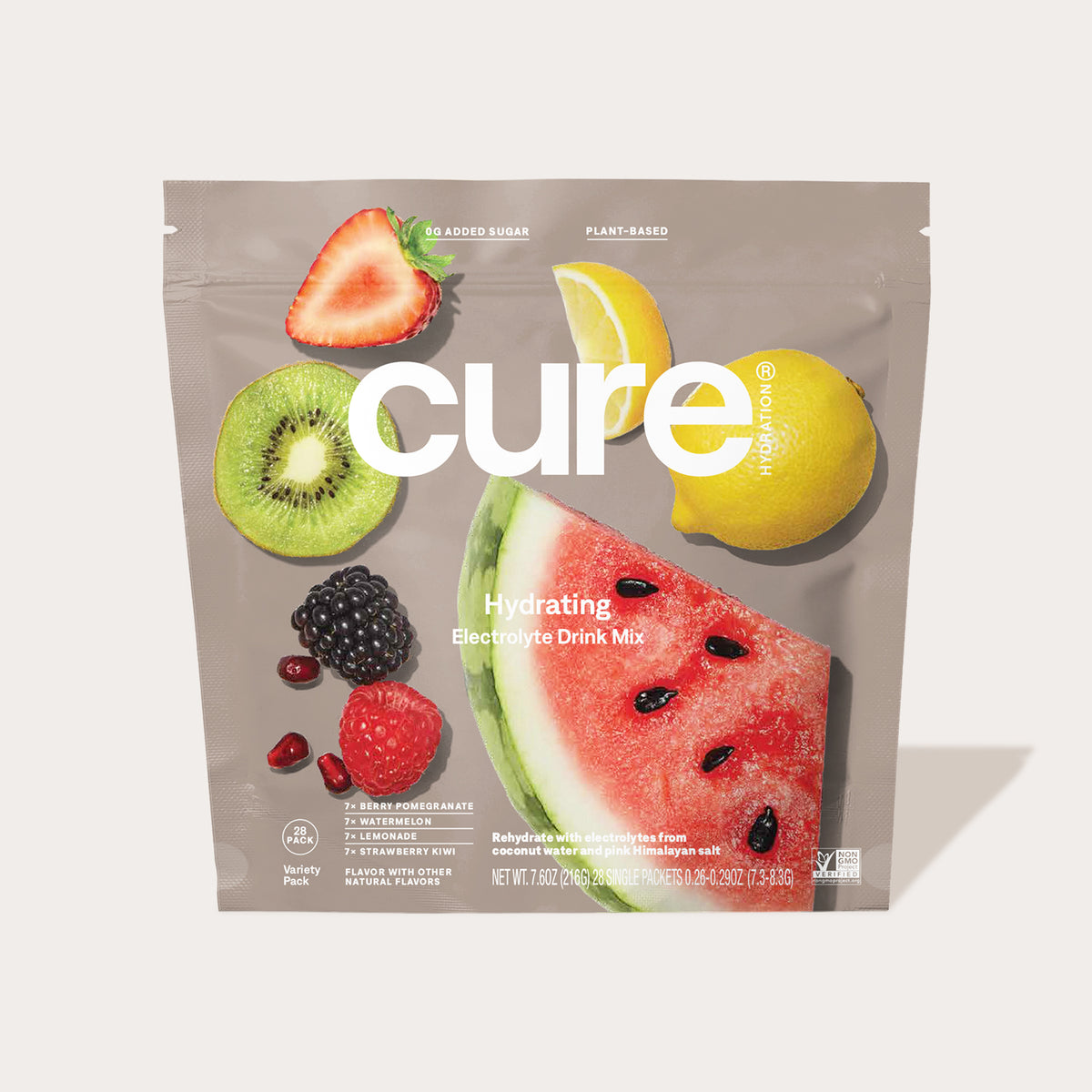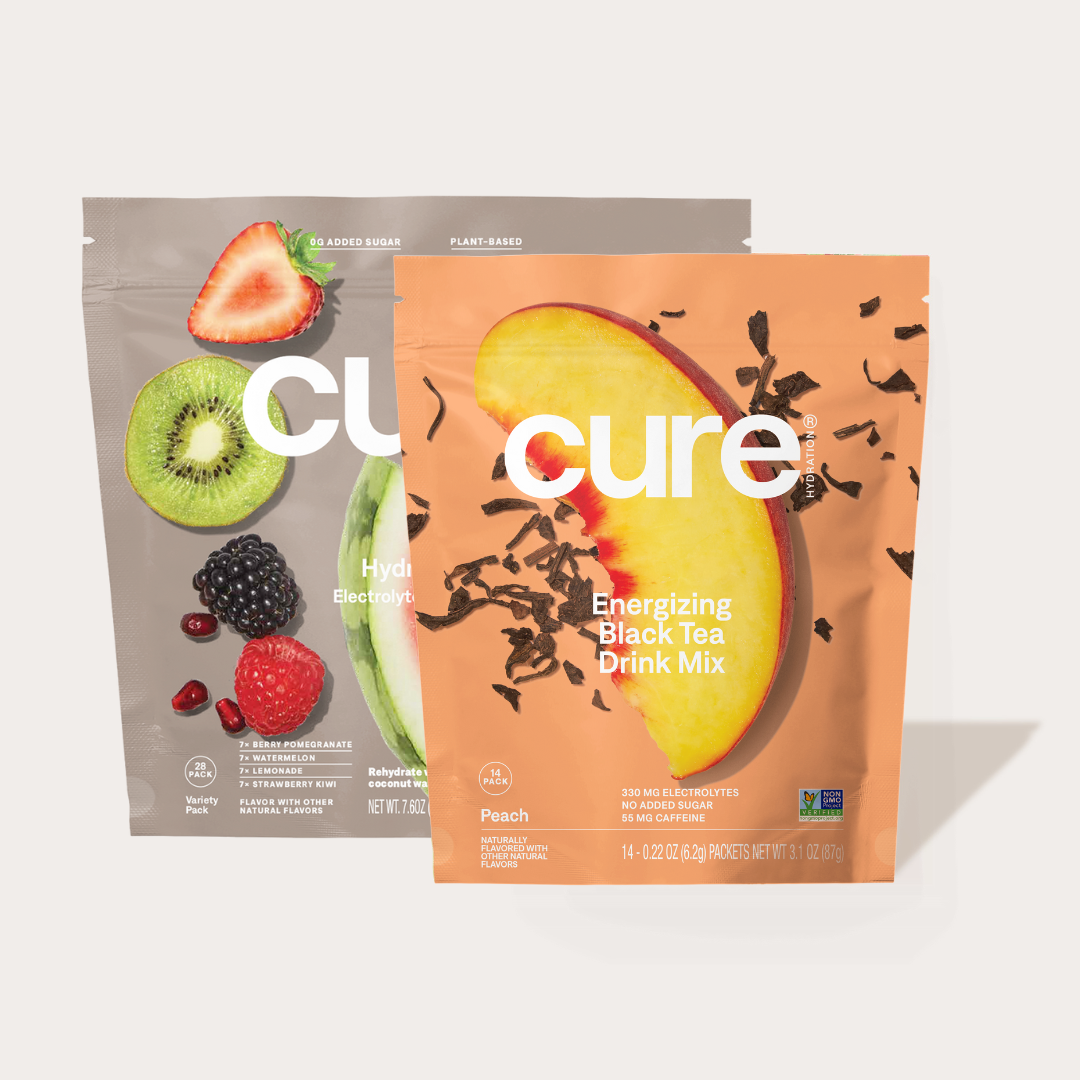What do Haruki Murakami, Maya Angelou, Sigmund Freud, Honore de Balzac, and Georgia O'Keeffe all have in common? They all had a daily routine. While their routines differed widely — Mozart worked for four hours per day, Freud worked for nearly 13. Balzac went to bed at 9pm, Mozart and Freud went to bed a full five hours later — they all operated on a routine where their time for sleep, work, and leisure were programmed.
Consider that the best way to get good at something is repetition, and the best way to master repetition is routine. But a routine is not only a tool for the prolific or successful. Research has shown that positive habits and routines can have major mental health benefits. It's been linked to stress reduction, increased confidence, improved energy and calm, and feelings of security and control.
Read on for how to create a daily routine in your life.
Set a bedtime and wake-up time, and stick to it.
Think about how many hours of sleep your body needs to function at its highest level, not what you have time for. Most people need eight hours of sleep per night, but this varies.
The Bedtime app on the iPhone is a great tool to help you with this. You can set your sleep and wake-up times, and it will gently remind you when it's time to wind down and turn off other app notifications. Bonus points if you keep your phone out of the bedroom.
Create a morning routine.
Mornings are crucial, as it's how we start our day. But they can often feel stressful with all the many things to be done before starting the workday. Create a list of the things that you must do before work, for example: make breakfast, shower, brush teeth, make bed, etc. Create an order in which you do these tasks, and don't do anything else before these tasks are complete. This will help get you out the door faster, and reduce some of that morning stress.
Carve out time for what you love.
Want to get better at the guitar? Have a stack of blank canvases you want to paint? Or a business idea you want to explore? Put it in your routine. Not only is it the best way to pursue a passion or interest, but giving ourselves time to be creative is essential to our mental wellbeing. A common excuse for not pursuing what we love is that we don't have enough time. When it's scheduled in your daily routine, even if it's for just 15 minutes or half an hour, you will be amazed at how much time you had for it all along.
Don't get rid of bad habits. Create good habits.
It's really, really hard to break a bad habit. If it were easy, it wouldn't be a habit! Rather than trying to get rid of a bad habit, try to create a good habit instead. Let's say you have a habit of drinking too many cups of coffee in a day. Address the root of the problem, which is that perhaps you're tired from a lack of sleep. Create a good habit of getting enough sleep, and you may not need the coffee.
Fewer decisions leads to less stress
The mental health benefits of a daily routine stem from an elimination of decision-making. When something is part of your routine, it takes out the guesswork. You don't have to spend time deciding whether or not you're going to the gym, because it's predetermined. This alleviates stress, and frees up time for you to do stuff you actually like.
Get in the flow of the routine
There's a reason why yoga is done in repeated sequences or a “flow”. Your body and mind respond well to flows. A daily routine is like a yoga flow, it’s a repeated sequence that comes with many of the same benefits. It might take more willpower in the beginning, but once you get in a flow, it will feel like second nature.
What's your daily routine? We want to know! Leave a comment below.







